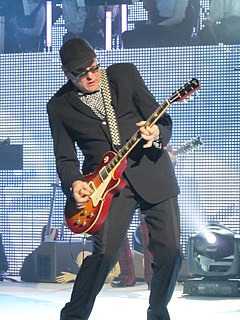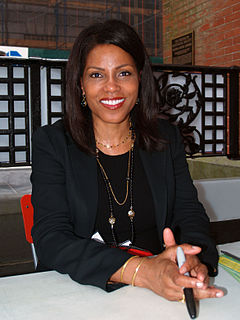A Quote by Lidia Bastianich
Julia Child came to my house and wanted a lesson in making risotto.
Related Quotes
Well, she's so alive, Julia Child. And Margaret is so - is so designed. She's so intent upon making her point. That's the most important thing, is that she win the argument, and there is nothing that stands in the way of that train, you know. But Julia's just alive in front of you. That's part of why people loved her. They lived it with her. They breathed it with her. And the mistakes were all part of it.
The day broke grey and dull. The clouds hung heavily, and there was a rawness in the air that suggested snow. A woman servant came into a room in which a child was sleeping and drew the curtains. She glanced mechanically at the house opposite, a stucco house with a portico, and went to the child's bed.
Receiving the president of the United States in your restaurant is a big thing. Obama came three times. There's a sense of pride when you're one of few who has had a chance to spend an evening with the president of the United States. Despite if he's Republican or Democrat, we accept them all. Also, I remember days when I had Julia Child coming, with close friends. I had a great relationship with Julia. So those moments are more of affection and admiration than of fancy pride.
Julia's vocabulary was "chock-full" of strangely archaic words - "spiffing," "crumbs," "jeepers" - that seemed to have originated in some prewar girls' annual rather than in Julia's own life. For Jackson, words were functional, they helped you get to places and explain things. For Julia, they were freighted with inexplicable emotion.
The kind of influence you want is a much deeper influence. It's like empowerment. Things are like this, but what if they were like that? What happens if you turn everything inside out? It's something that not just artists do. I think scientists do that, too. There's a theory: What if we pour water on it? That's also what a child does. If a child came in now, the child would ignore us, go under the table, and make a house.





































